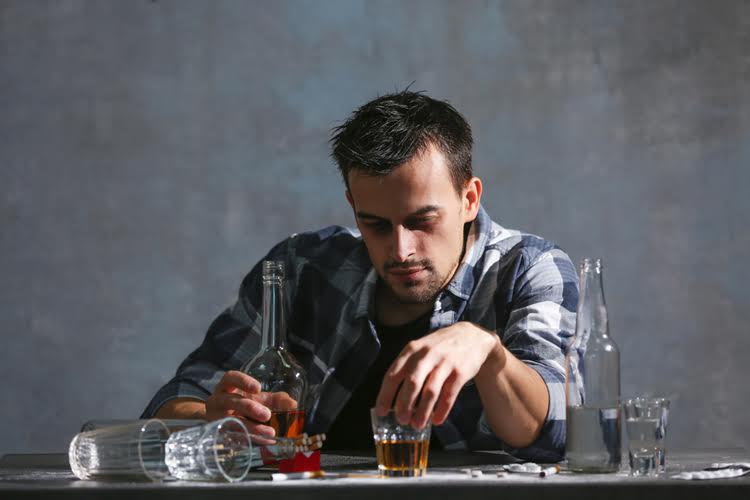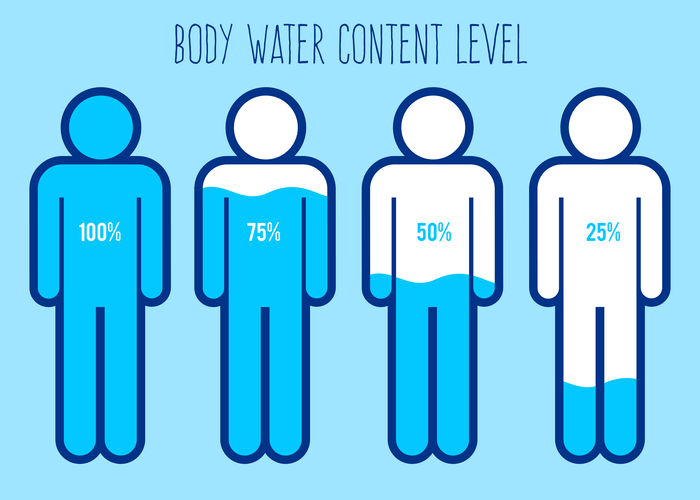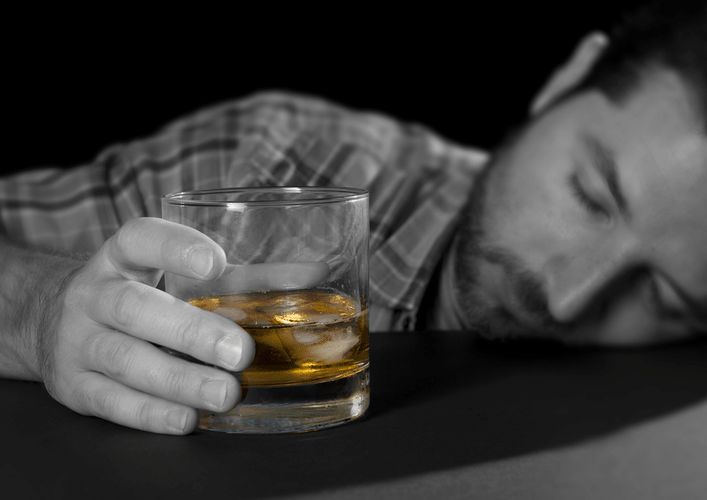Due to heightened security measures, accessing medical support websites may occasionally be restricted, requiring alternate reliable resources for withdrawal information. Once the acute symptoms of alcohol withdrawal resolve, the next step is to address and treat the drinking patterns that led to withdrawal symptoms, such as alcohol use disorder or binge drinking. With professional support, you can overcome alcohol use disorder and avoid future episodes of alcohol withdrawal. This physiological dependence triggers withdrawal symptoms if you suddenly stop drinking or significantly reduce alcohol consumption. Although alcohol withdrawal can be a dangerous and painful process, it is a necessary step on the road to recovery. When conducted under the supervision of medical professionals, alcohol withdrawal is a much safer and easier process.
Alcohol withdrawal syndrome vs. a hangover
- If severe symptoms like delirium tremens are present, death can become a very likely outcome.
- Psychological symptoms intensify with increased anxiety, panic attacks, and concentration difficulties.
- He has a nursing and business/technology degrees from The Johns Hopkins University.
This neurochemical upheaval explains why withdrawal can be so intensely uncomfortable. Alcohol withdrawal syndrome is a serious public health issue, impacting those who have developed a physical dependence on alcohol over prolonged periods. When you constantly have some alcohol in your bloodstream, you will not think as clearly. Many people who use alcohol heavily for a prolonged period often don’t even recognize the perpetual fog that alcohol creates. When you stop drinking, it can feel like entering a whole new world and like a fog that you didn’t even know was there has suddenly lifted. A day and a half after quitting alcohol, withdrawal symptoms will intensify.
12 Hours After Last Drink
The person should also try to eat three well-balanced meals per day and drink enough water to remain hydrated. The first goal of treatment is to keep you comfortable by managing your symptoms. Your doctor’s treatment goal is helping you stop drinking as quickly and safely as possible. If you have a drinking problem, it is best to stop drinking alcohol completely. Total and lifelong avoidance of alcohol (abstinence) is the safest approach.
Start Your Recovery Today!
Many individuals experience increased sensitivity to light and sound, making routine activities feel overwhelming. These symptoms can interfere with work performance, social interactions, and personal relationships. If any of this sounds familiar, and if AUD runs in your family, Oar Health might be right for you. Oar Health offers medication FDA-approved for the treatment of alcohol problems. If any of these occur, call 911 (or your country’s emergency service) or visit alcohol withdrawal the nearest emergency room.


The average cost is $13, 475, according to the National Center for Drug Abuse Statistics. For instance, some 30-day inpatient programs cost $5,000, while others may cost $20,000. Make sure that others with you during this time know to call 911 right away.

72 Hours
You may experience bradycardia, a dangerously low heart rate, or develop various arrhythmias that require immediate medical attention. Your blood pressure might surge dramatically, especially during the initial withdrawal phase. Optimize your sleep hygiene by maintaining consistent bedtime routines and creating a dark, quiet environment. Light physical activities, including walking or swimming, can improve circulation and mood while alleviating headache symptoms. Track your triggers through journaling and practice mindfulness techniques to better understand and manage your pain patterns. Consider biofeedback training to develop greater control over your body’s physiological responses during withdrawal.
Cognitive deficits can also improve substantially with abstinence, although the extent of brain recovery is not fully understood. Normalized REM cycles substantially improve sleep quality, contributing to better overall well-being. Physical appearance often improves as skin becomes healthier and more hydrated.
They will become less intense, and symptoms will disappear one by one. Physical symptoms will be much better by a week after stopping for most people. Stopping alcohol can seem daunting, especially if you use it frequently or if it is a central part of your social life. You can feel better, decrease your risk of diseases, think more clearly, save money and even improve your relationships. While there are some short-term withdrawal effects, the long-term benefits are well worth the effort.
Can I Detox From Alcohol at Home?
- Maintaining proper sleep hygiene becomes essential during this period, as these disturbances can impact your cognitive function and recovery progress.
- If physical symptoms last beyond seven days, they will generally be over sometime in the middle of week two.
- These pathways, essential for healthy brain function, may have been dormant or altered for an extended period.
- A high fever, hallucinations, and heart disturbances are all reasons to seek immediate help.
Neuroplasticity allows the brain to repair connections damaged by alcohol and develop new neural pathways. Cognitive function, including memory, attention, and decision making abilities, typically improves substantially. People who consumed alcohol heavily or for extended periods typically experience more Sober living house pronounced changes than those with lighter drinking patterns. Neurotransmitter systems that alcohol has disrupted begin rebalancing. Alcohol affects gamma-aminobutyric acid (GABA) and glutamate, key brain chemicals that regulate mood, anxiety, and sleep.
When they suddenly stop giving the body the substance it has become dependent on, it can send the body, brain and neurotransmitters into shock. AlcoholAwareness.org is dedicated to providing support and resources for individuals struggling with alcohol addiction. We aim to raise awareness, offer guidance, and connect people with recovery programs to help them regain control and improve their lives. You may notice rapid shifts between emotional states within the first 48 hours, making emotional triggers particularly challenging to manage. While your stomach pain intensifies during alcohol withdrawal, several evidence-based strategies can help manage digestive distress safely. For stomach soothing, focus on consuming bland, low-fat meals in small portions and practice gentle chewing to minimize gastrointestinal strain.
You’ll need to make dietary adjustments by avoiding coffee, spicy foods, and processed items that can aggravate stomach inflammation. Energy restoration typically requires a thorough approach combining proper hydration, nutrient supplementation, and structured rest periods. While acute fatigue peaks within the first 72 hours, some individuals may experience prolonged exhaustion lasting several weeks as their bodies readjust to sobriety. To manage these symptoms, you’ll need to focus on sleep hygiene and relaxation techniques.
Dangers Of Alcohol Withdrawal
If left untreated, severe withdrawal can be life-threatening, making professional care essential. In cases of severe alcohol withdrawal, your healthcare provider may prescribe some alcohol treatment medications to help with the symptoms and prevent dangerous outcomes. The duration and presentation of alcohol withdrawal varies depending on factors like drinking history, overall health, and previous experiences with withdrawal. Symptoms typically appear in stages, with mild effects developing first and more severe symptoms emerging later.
